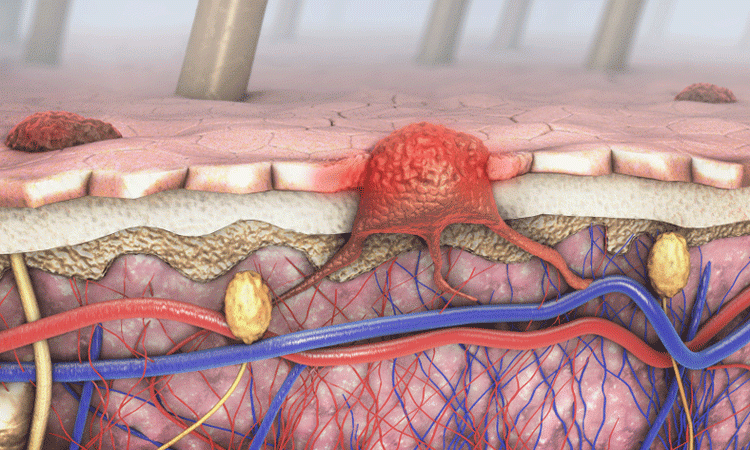Proteomic approach reveals metastatic melanoma resistance to therapies
Posted: 10 September 2019 | Victoria Rees (Drug Target Review) | No comments yet
A study has used a proteomic method to uncover why some melanoma tumours do not respond to immunotherapy, which could improve treatments.


Using a proteomics approach, a study has identified why over half of patients with metastatic melanoma do not respond to immunotherapy treatments. The researchers say their findings could help to improve responses to therapies.
Tel Aviv University (TAU) and Sheba Medical Center, both Israel, conducted the research. The research team utilised a “protein mapping” technique.
The study compared tumour samples from a group in which immunotherapy was successful and a second in which immunotherapy was not. They discovered differences in the metabolism of the cancer cells in the two groups.
“In the proteomic lab, we use a mass spectrometer, which enables global mapping of thousands of proteins,” explains Professor Tami Geiger, head of TAU’s Proteomics Lab. “We then followed up with extensive computational analysis to identify the proteins that differentiated between the response groups.”
The comparison revealed that patients who responded to immunotherapy had higher levels of proteins associated with lipid metabolism, which led to increased recognition by the immune system.
Collaborating with the Salk Institute and the Yale School of Medicine, both US, the researchers examined their findings in melanoma tissue cultures and a mouse model of metastatic melanoma.
…patients who responded to immunotherapy had higher levels of proteins associated with lipid metabolism, which led to increased recognition by the immune system”
Using genetic engineering, they were able to silence the mechanism responsible for fatty acid metabolism.
“We found that upon silencing this metabolic pathway, the cancer cells manage to ‘hide’ from T-cells that are supposed to detect and destroy them,” says Geiger. “As a result, cancer in these mice developed at a faster rate compared to the control group.”
The researchers say they are now looking for ways to improve responses to immunotherapy and expand the circle of patients who benefit from it.
The findings were published in Cell.
Related topics
Drug Development, Immunotherapy, Mass Spectrometry, Oncology, Proteomics, Research & Development
Related conditions
Metastatic melanoma
Related organisations
Sheba Medical Center, Tel Aviv University
Related people
Professor Tami Geiger








